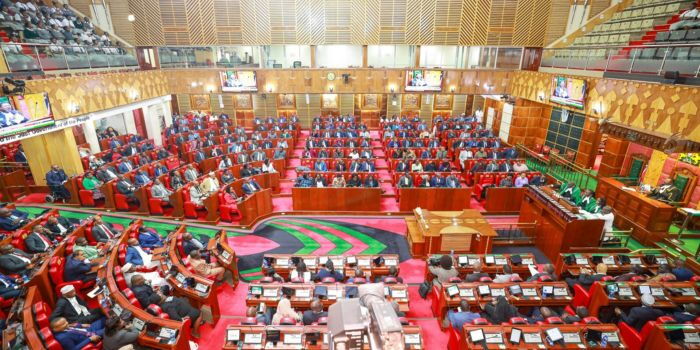Kenya’s political landscape is once again being marred by rising hate speech and ethnic slurs, raising fears of possible violence ahead of the 2027 General Election. Lawmakers have warned that the country risks sliding back into the dark days of the 2007 post-election chaos if urgent action is not taken.
According to the National Cohesion and Integration Commission (NCIC), 95 cases of hate speech were reported on social media last year 72 of them on X (formerly Twitter). However, senators have accused the commission of laxity and ineffectiveness in curbing online and offline incitement.
During a session before the Senate National Cohesion and Regional Integration Committee, NCIC chief executive Daniel Giti came under fire for what lawmakers termed as “casualness” in handling the rising cases of hate-driven political rhetoric.
Nominated Senator Catherine Mumma, who raised the issue, said inflammatory statements by senior political figures were going unchecked, endangering national unity. “You are too relaxed when the country is clearly in danger. If you cannot act, your mandate should go to another agency,” Mumma said.
Other senators, including Beth Syengo and Betty Montet, echoed her sentiments, saying NCIC appeared “clueless” about its role and was exposing the country to potential ethnic violence.
The debate followed controversial remarks by Nyeri Governor Mutahi Kahiga, who appeared to celebrate the supposed death of former Prime Minister Raila Odinga. The comments sparked national outrage, forcing the governor to apologise and resign from his role as vice chairperson of the Council of Governors.
Giti defended the commission, stating that NCIC is monitoring traditional and digital media while conducting training on hate speech detection and responsible online behaviour. However, senators dismissed his explanation as “vague and insufficient,” directing NCIC to return with detailed data on investigations, prosecutions, and concrete actions taken to curb ethnic incitement.

